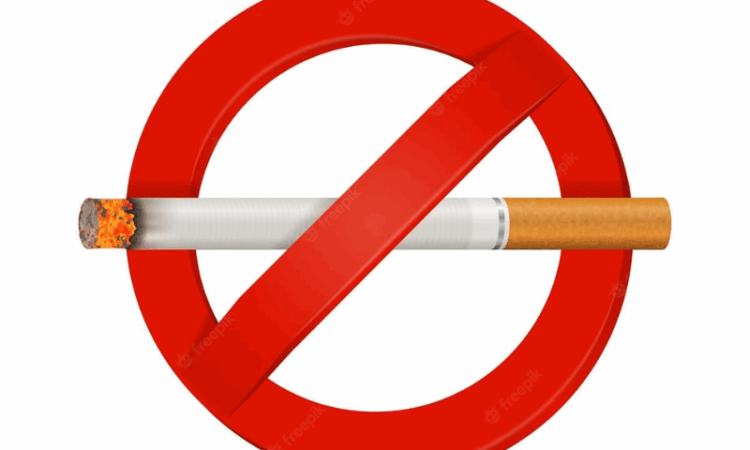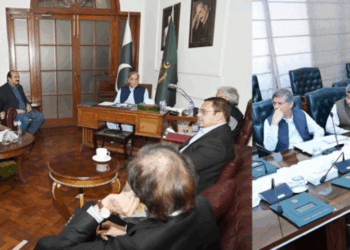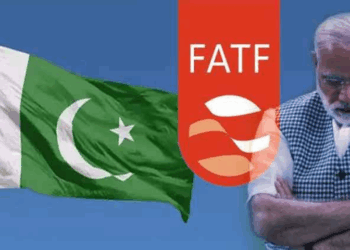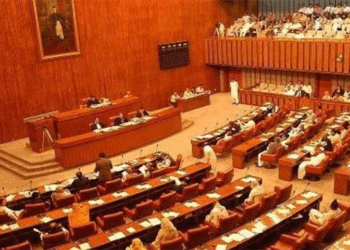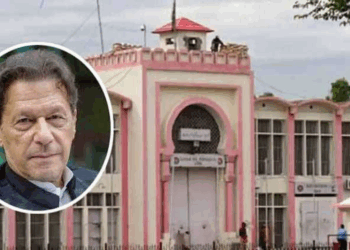Islamabad, May 27, 2025: Despite years of donor-funded initiatives, high-profile conferences, and international campaigns, the World Health Organization (WHO), international NGOs (INGOs), and local anti-tobacco organizations are facing mounting criticism for failing to tackle the real drivers behind Pakistan’s rising smoking rates.
Public health advocates and civil society groups are voicing growing concern over what they describe as a “dangerous silence” from these organizations amid widespread violations of Pakistan’s tobacco control laws.
“Cigarettes are being sold to minors, single sticks are openly available, and illegal brands without health warnings are flooding local markets — yet the organizations tasked with tobacco control remain conspicuously silent,” said one advocate.
Pakistan’s existing laws prohibit the sale of cigarettes to minors and single-stick sales, ban tobacco advertising, and require pictorial health warnings. The government has also set a minimum retail price of Rs. 162.25 per cigarette pack. However, in practice, cheaper cigarette packs priced between Rs. 100 and Rs. 150 are widely available, particularly targeting youth.
In addition, smuggled brands — many of which do not carry mandatory health warnings — are readily accessible in markets across the country, in clear violation of both national laws and Pakistan’s obligations under the WHO Framework Convention on Tobacco Control (FCTC).
Despite these violations, critics argue that neither the WHO nor its implementing partners in Pakistan have issued strong public demands for enforcement. Tobacco companies continue to advertise through banners, posters, and promotional schemes — all prohibited under current regulations.
“Why hasn’t the WHO made a clear statement demanding action against these violations? Why are INGOs and their local partners avoiding these hard truths?” a public health campaigner asked. “If they are truly committed to reducing smoking in Pakistan, silence is not an option.”
Civil society is now calling on the WHO, INGOs, and domestic tobacco control organizations to go beyond symbolic gestures. They are demanding urgent calls for the enforcement of minimum pricing laws, action against underpriced and smuggled brands, and real pressure on authorities to implement and uphold tobacco regulations.
“Tobacco control is not about press conferences in luxury hotels,” said one advocate. “It’s about practical enforcement and protecting public health where it matters most — in our streets, schools, and communities.”


